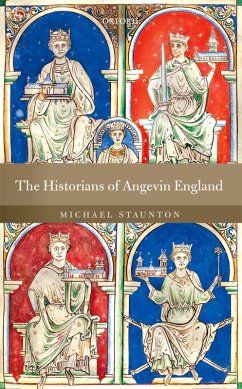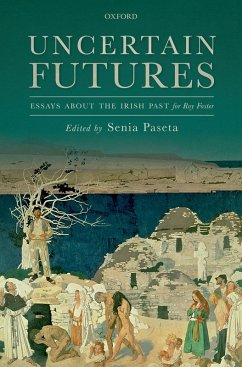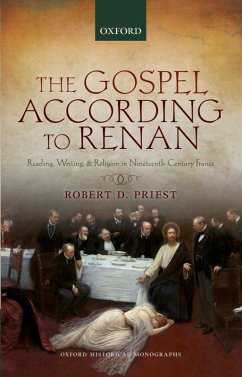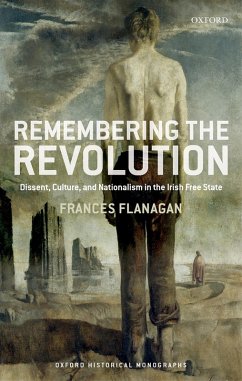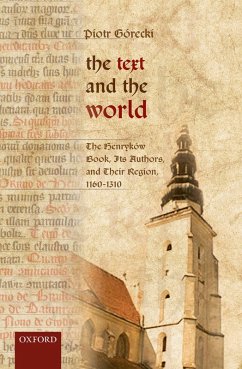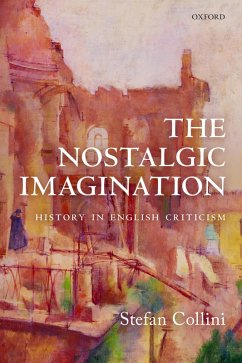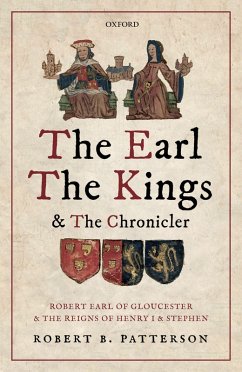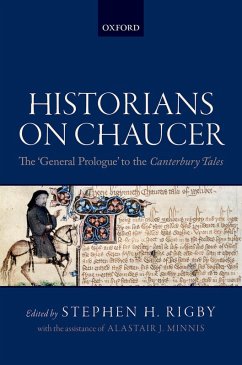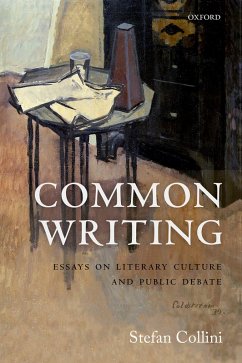
Ireland in Official Print Culture, 1800-1850 (eBook, PDF)
A New Reading of the Poor Inquiry

PAYBACK Punkte
23 °P sammeln!
The decades after 1800 saw a fundamental redefinition of the role of the state in Ireland. Many of the most pervasive and enduring forms of official intervention and regulation date from this period, such as a permanent centralised police force, a system of elementary education, a network of small courts, and a national system of poor relief. Many of these were preceded by large-scale official investigations whose results were published as parliamentary reports, another novel aspect of state activity. The book analyses the construction and dissemination of an official image of Irish society in...
The decades after 1800 saw a fundamental redefinition of the role of the state in Ireland. Many of the most pervasive and enduring forms of official intervention and regulation date from this period, such as a permanent centralised police force, a system of elementary education, a network of small courts, and a national system of poor relief. Many of these were preceded by large-scale official investigations whose results were published as parliamentary reports, another novel aspect of state activity. The book analyses the construction and dissemination of an official image of Irish society in those reports. It takes as its principal example a state inquiry into poverty: the largest social survey of Ireland: lasting from 1833 to 1836, running to thousands of pages, and offering a unique insight into pre-famine society and official perceptions of it. This volume also illuminates two other contemporary aspects of the development of the state. The 1820s saw the beginning in Ireland of a comprehensive engagement with the parliamentary process by the population at large, with the appearance of the first mass electoral organisation in Europe, the Catholic Association. Finally, the Union of 1801 meant that Irish legislation was now discussed and enacted in Britain rather than in Ireland, and by a parliament and public newly informed by official reports on Ireland. This was therefore a crucial period in the construction of the public understanding of Ireland in both Britain and Ireland, a process in which the state and its publications played a fundamental role.
Dieser Download kann aus rechtlichen Gründen nur mit Rechnungsadresse in A, B, BG, CY, CZ, D, DK, EW, E, FIN, F, GR, HR, H, IRL, I, LT, L, LR, M, NL, PL, P, R, S, SLO, SK ausgeliefert werden.




